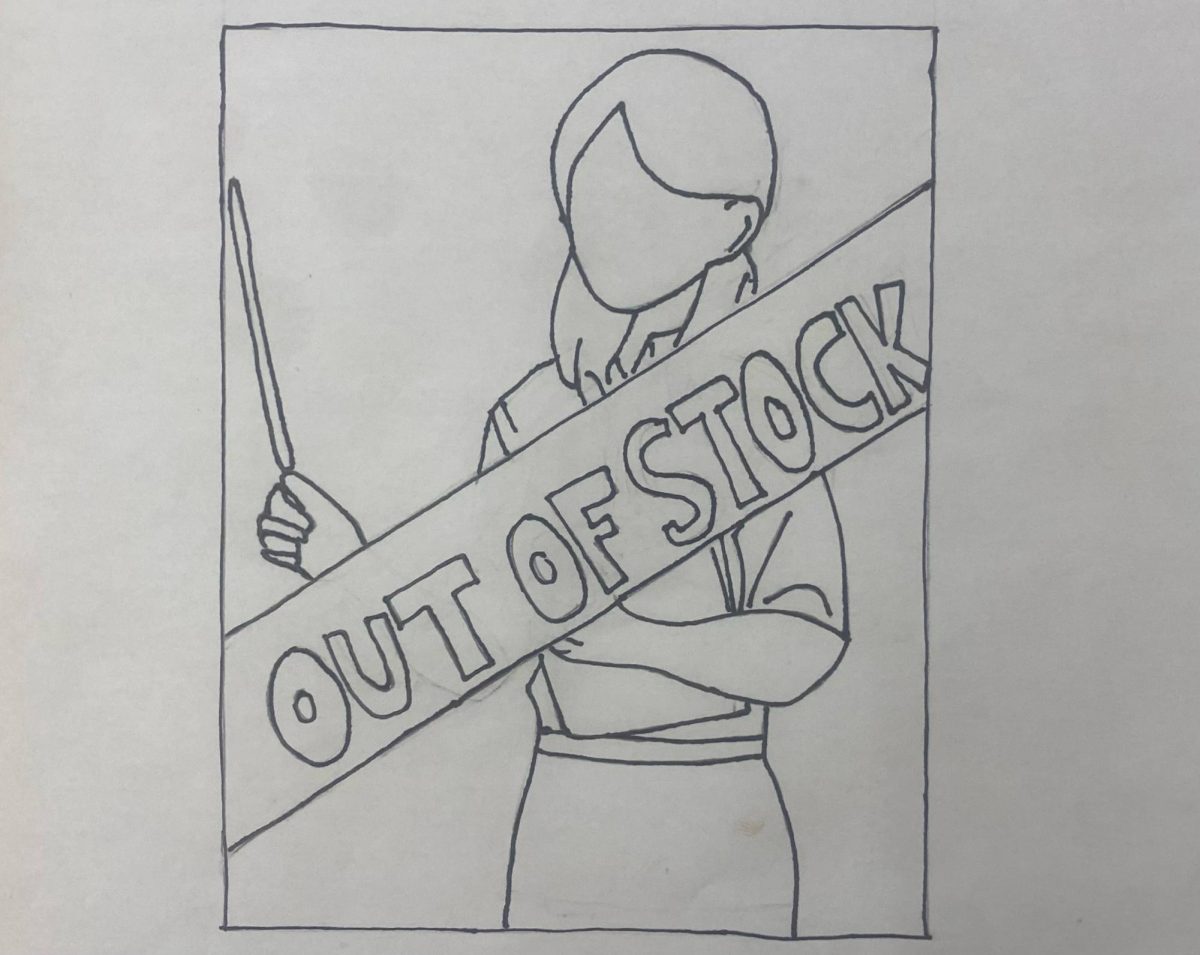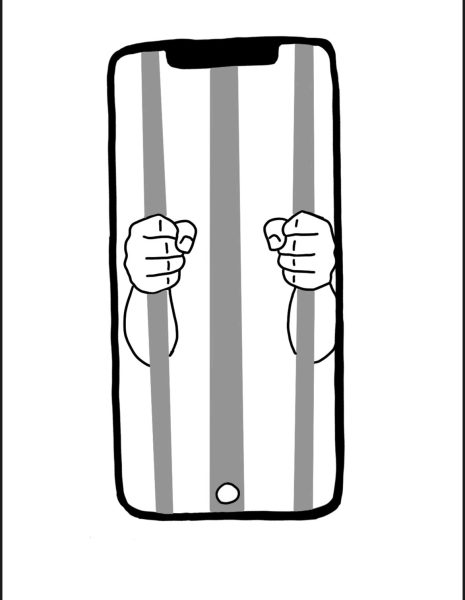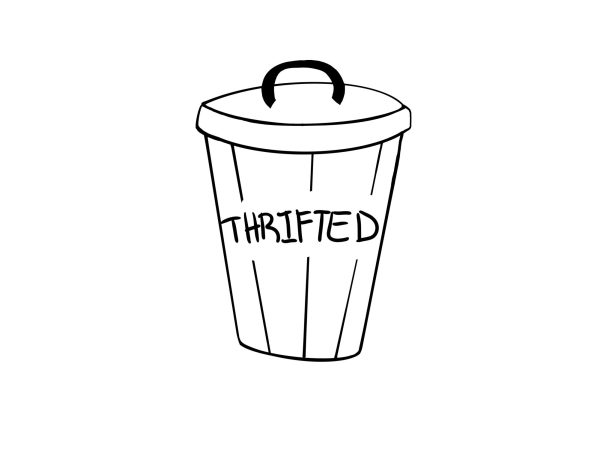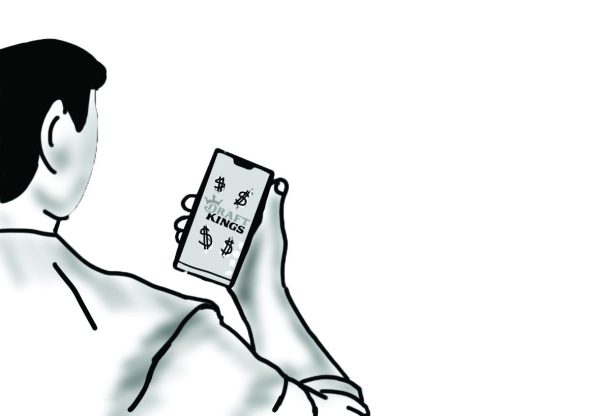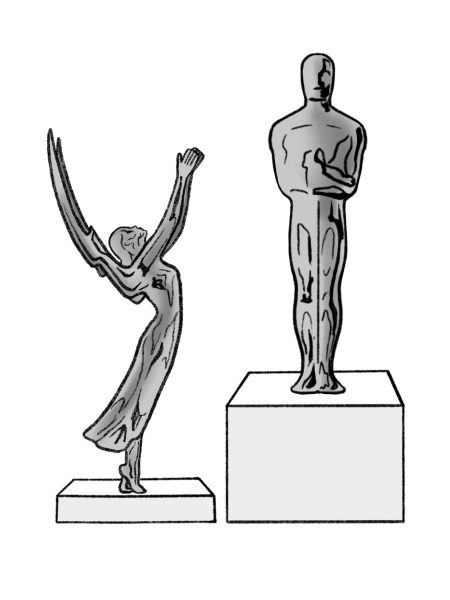Dark money overshadows American politics
September 26, 2019
Every year, lobbyists and corporations across the country spend over 2.6 billion dollars on American elections, according to the Atlantic. Those 2.6 billion dollars beg the question: are American elections still representative of the people, or are they simply an opportunity for big money groups to control politics? With America’s privately funded elections favoring the corporate voice over those of citizens and producing an inequality among candidates, the answer increasingly seems to be the latter. The detrimental influence lobbyists and the wealthy have on American politics should be eliminated with the introduction of publicly funded elections.
Issues such as gun control and climate change dominate the modern political world. However, with the influence of dark money, funds that are given by groups anonymously to political campaigns, the progress that the majority of Americans seek for these issues has not yet been achieved. According to Oil Change International, the fossil fuel industry has spent two billion dollars between 2000 and 2016 on lobbying to kill climate laws. Corporate interference in politics by industries such as the fossil fuel sector has resulted in few successful governmental actions against climate change. This inaction is occuring in a time when more than 70 percent of Americans are concerned about the effects of climate change according to the Hill. The disconnect between people and government is a dangerous result of the current election process and needs to be combated with the implementation of publicly funded elections.

In addition to the interests of corporations overriding those of actual American voters, private elections foster a climate in which personal wealth and corporate connections are unwritten requirements for people running for office. According to Quartz, a business news organization, in 2015, the median net worth of a congressman was 12 times greater than the median net worth of the average American, thus showing how the money of private interest allows the rich and powerful to continue to dictate politics at the expense of average Americans. Publicly funded elections can break this cycle. According to a University of Wisconsin-Madison study, public financing, which has already been implemented in several states, not only creates a wider field of candidates but also makes political races more competitive than they are during privately funded elections. Some might say that this is irrelevant, as Americans have the right to support who they choose. However, allowing voters to choose from more candidates who live with and understand the problems of actual Americans will, in turn, create far more representation than any donation to a rich, out of touch or well-connected candidate.
For too long, the special interests of the rich and corporations have gotten well-connected politicians elected who in turn alter legislature for the groups that bankrolled their campaigns. To restore the connection between the reality of actual American’s needs and government action, the federal government needs to fund campaigns on a national level.



